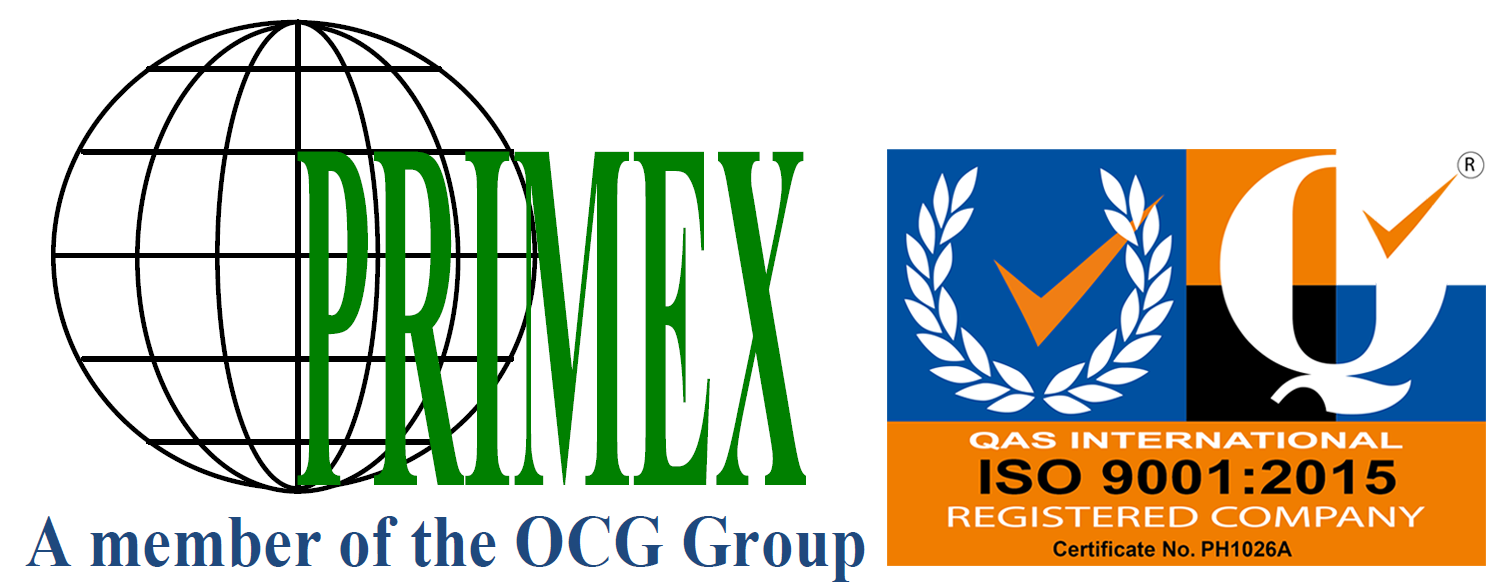Name of Client:
Directorate General of Coasts, Marine, and Small Islands,
Ministry of Marine Affairs and Fisheries (DGMCSI/MMAF)
Country:
Indonesia
Length of Consultancy Assignment:
Start Date: April 2005
Completion Date: November 2011
Detailed Narrative Description of Project:
The Project was the second of a three-phase comprehensive, 15-year program funded by several financing institutions for the rehabilitation and management of coral reefs in Indonesia. Incorporating lessons learned from Phase I, COREMAP-II adopted a holistic approach to the management of coastal resources, particularly coral reefs and associated ecosystems. The project focused on a few key provinces where the costs to delaying, and the benefits from expediting, such a project were greatest. The project covered eight districts in three provinces in Indonesia, viz., (i) Kota Batam, Natuna and Lingga in Kepulauan Riau (Kepri) Province; (ii) Nias, Nias Selatan and Tapanuli Tengah in North Sumatra Province; and (iii) Mentawai in West Sumatra Province. The Project: (i) enhanced the national and local capacity to manage the country’s coral reef resources; and (ii) rehabilitated and effectively managed priority coral reef ecosystems, thereby helping raise income levels and improving living standards among poor coastal communities. The project had two major components: (i) Institutional Strengthening and Project Management, comprising (a) strengthening of national and regional institutions in policy, strategy, and guideline formulation and resource planning and management; (b) establishment and strengthening of a network of coral reef information and training centers (CRITCs); (c) human resources development (HRD) and extension; and (d) project management; and (ii) Community-based Resource Management and Development, involving (a) community empowerment, (b) community resource management, (c) community social services and infrastructure development, and (d) community livelihood and income generation.
PRIMEX provided the services of a team of international consultants led by the Project Management Specialist/Team Leader, who assisted and supported the Project Management Office (PCO) and the Regional Project Implementation Units (RPIUs) in day-to-day Project implementation and provided technical advice and guidance to the PCO/RPIUs in the technical aspects of the Project. The Consultant’s project management related responsibilities included the following: (i) development of implementation approaches, procedures, and guidelines for key project activities and for coordinating the implementation by the concerned agencies at the national and regional level; (ii) development of selection criteria for non-government organizations (NGOs) and other service contractors to be hired by the PMO and the regional project implementation units (RPIUs) and for the final community-based management (CBM) core sites with inputs from the technical specialists; (iii) design and development of the project management information system (MIS), including the project performance monitoring system (PPMS), in close cooperation with LIPI (Indonesian Institute of Science); (iv) procurement of goods and services, including preparation of bid documents, evaluation criteria, evaluation of bids, selection of winning bidders, and award of contracts to winning bidders; (v) monitoring of project progress and the performance of various service contractors; (vi) coordination and liaison with other concerned agencies, including provincial and district project implementors and community representatives; (vii) support to the ADB review missions; and (viii) preparation of inception, quarterly progress reports, midterm report, and final report. In addition, the Consultant Team performed the following technical tasks: (i) review of the National Coral Reef policy prepared under COREMAP I; (ii) assessment of the institutional role of MMAF and DGCSI in particular, in coastal resource management in Indonesia, its required level of staffing and skills at national, provincial, and district levels; (iii) assessment of the current role of the district/city institution, its skills, and identification of any gaps and weaknesses in its service provision; (iv) development of all institutional and organizational plans, including a comprehensive human resource development (HRD) plan and training program in conjunction with the Training and Extension Specialist; (v) development of a comprehensive human resources development plan and annual training and extension plan at the national, regional, and local levels; (vi) identification of key institutions that have a proven record in providing courses in Integrated Coastal Management (ICM); monitoring, control, and surveillance (MCS); legal issues, community development, business development, project management, etc.; and (vii) identification of key individuals who can operate as extension workers; (viii) conduct of training needs assessment (TNA), design of master training plan, and provision of training and capacity building to concerned project stakeholders including national, provincial, district, and local government staff, NGOs, and community representatives; (ix) support in microenterprise development; and (x) preparation of various technical reports and publications and presentation of papers at national and subnational workshops, conferences, and seminars.
